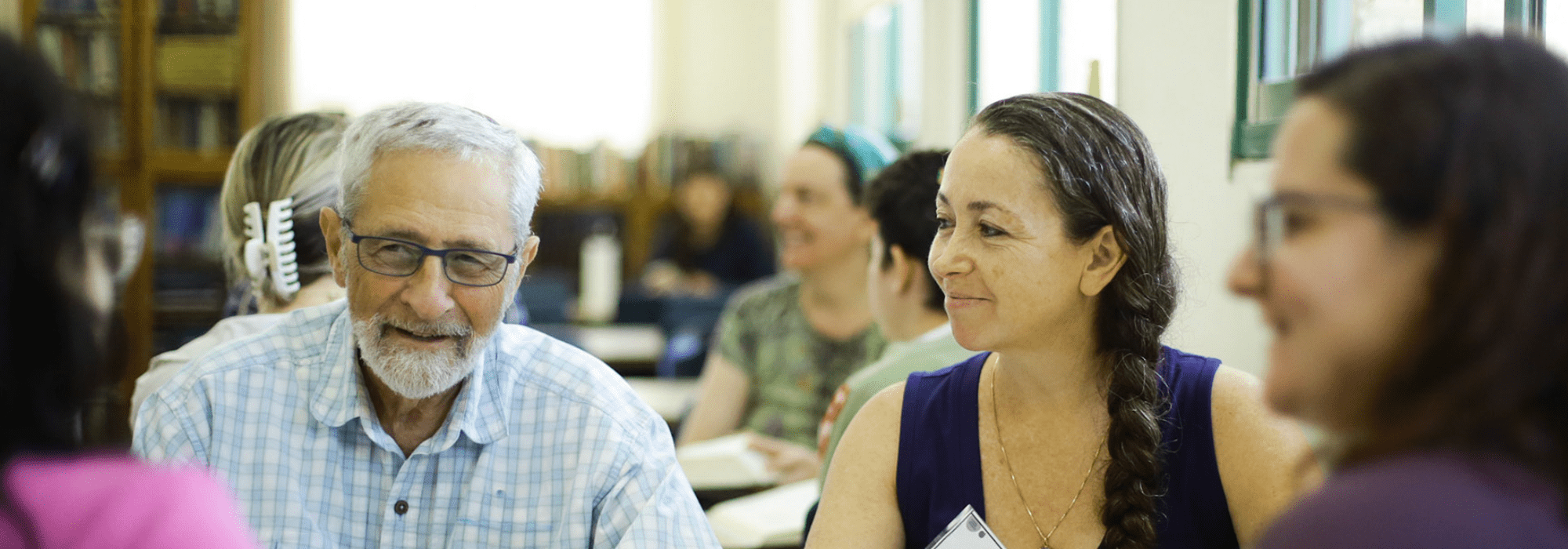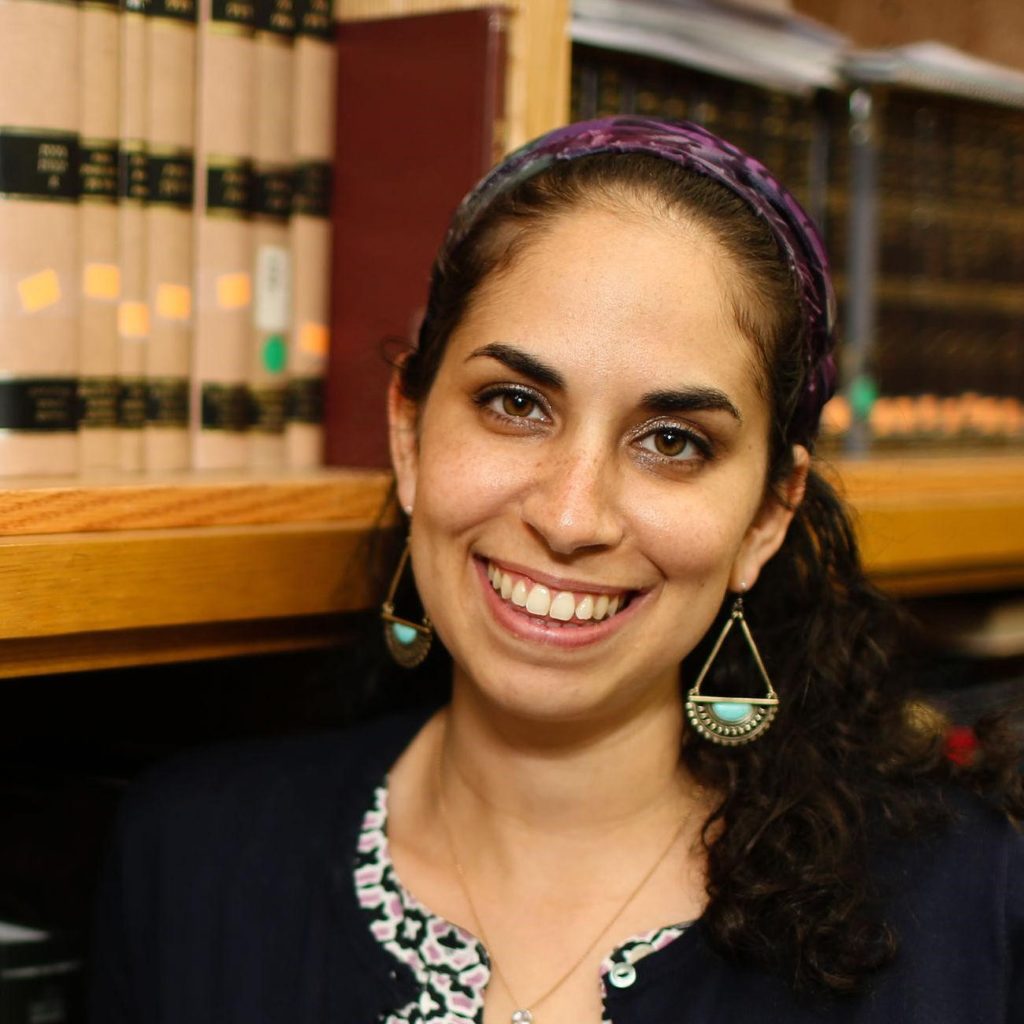
Rooted in Jewish texts and tradition, the Torah of Life’s Changes provides a supportive cohort-based learning experience for those in the process of a major transition. Alongside peers experiencing similar life changes, participants will find support and inspiration while receiving practical tools to help navigate life’s unexpected twists and challenges.
Applications for our Spring 2024 cohorts have closed.
Over the course of six sessions, participants engage in a deep exploration of Jewish teachings on such topics as radical dependence, connectedness, and identity shifts.
At the end of the program, participants will encapsulate their experiences by bringing it back to their own community through a capstone project. Examples include delivering a d’var Torah at a synagogue or writing an essay for a local newspaper.

Online
Tuesdays, May 7 – June 18
(No session on June 11 due to Shavuot)
9:30-11:00 AM PDT / 12:30-2:00 PM EDT
5:30-7:00 PM BST / 7:30-9:00 PM IDT
This cohort is tailored for those experiencing the profound transition of the loss of a loved one. Providing a supportive environment for navigating the emotional, practical, and spiritual aspects of grief, together we will explore what it means to find strength and resilience in the face of loss.
Online
Thursdays, May 9 – June 20
(No session on June 13 due to Shavuot)
9:30-11:00 AM PDT / 12:30-2:00 PM EDT
5:30-7:00 PM BST / 7:30-9:00 PM IDT
The unique chapter of empty nesting comes with a redefining of one’s identity beyond the roles of day-to-day parenthood. This cohort will be an opportunity for those navigating this major life transition to connect and learn from one another, exploring the potential for personal growth amidst these life changes.


Rabba Shani Gross earned rabbinic ordination from Yeshivat Maharat, is a Wexner Graduate Fellow/Davidson Scholar (Class ’29), and a fellow of Va’tichtov: a fellowship aimed at elevating Jewish women’s scholarship. Before joining Pardes, Shani was the Director of the Silicon Valley Beit Midrash. When not teaching Shani can often be found chasing after her three sons with her husband Chaim in Berkeley, California.

Professor Deborah Barer is Associate Professor of Ancient Judaism at Towson University, where she teaches in the Department of Philosophy & Religious Studies as well as the graduate program in Jewish Studies. Her research explores rabbinic approaches to decision-making and their application to modern life. Deborah is passionate about the ways that entering into conversation with classical sources can open up new perspectives on contemporary questions.